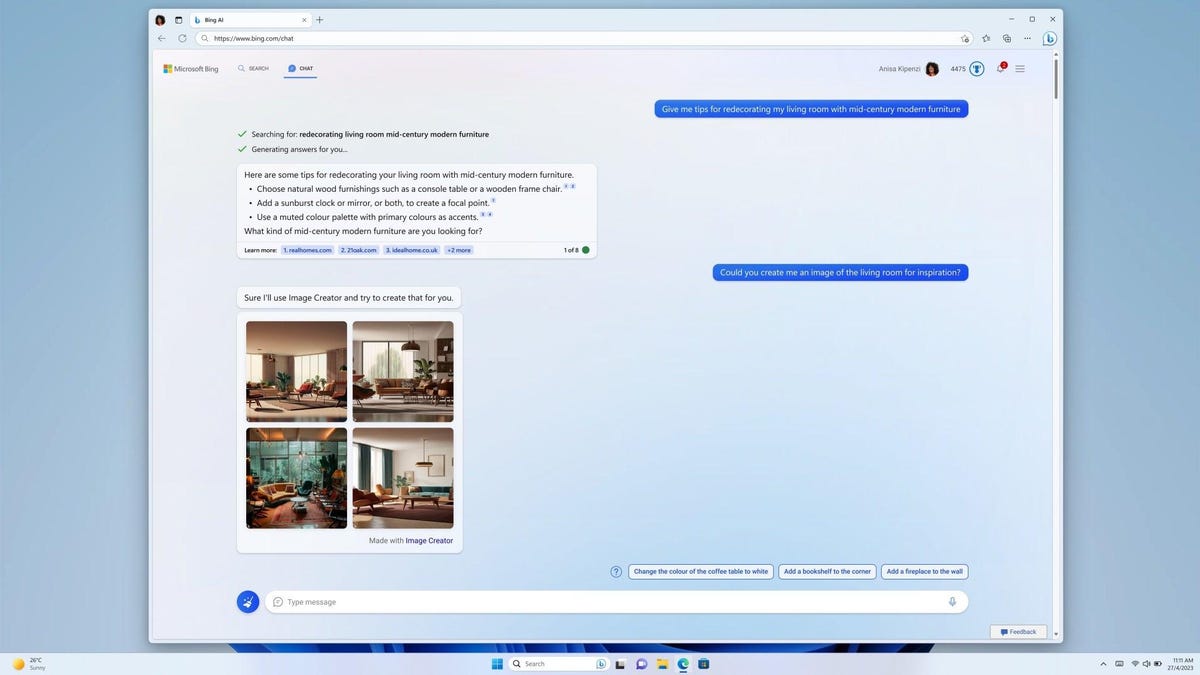On Monday four of the largest book publishers asked a New York court to grant summary judgment in a copyright lawsuit seeking to shut down the Internet Archive’s online library and hold the non-profit organization liable for damages.
The lawsuit was filed back June 1, 2020, by the Hachette Book Group, HarperCollins Publishers, John Wiley & Sons and Penguin Random House. In the complaint [PDF], the publishers ask for an injunction that orders “all unlawful copies be destroyed” in the online archive.
The central question in the case, as summarized during oral arguments by Judge John Koeltl, is: does a library have the right to make a copy of a book that it otherwise owns and then lend the ebook it has made without a license from the publisher to patrons of the library?
Publishers object to the Internet Archive’s efforts to scan printed books and make digital copies available online to readers without buying a license from the publisher. The Internet Archive has filed its own motion for summary judgment to have the case dismissed.
The Internet Archive (IA) began its book scanning project back in 2006 and by 2011 started lending out digital copies. It did so, however, in a way that maintained the limitation imposed by physical book ownership.
This activity is fundamentally the same as traditional library lending and poses no new harm to authors or the publishing industry
Its Controlled Digital Lending (CDL) initiative allows only one person to check out the digital copy of each scanned physical book. The idea is that the purchased physical book is being lent in digital form but no extra copies are being lent. IA presently offers 1.3 million books to the public in digital form.
“This activity is fundamentally the same as traditional library lending and poses no new harm to authors or the publishing industry,” IA argued in answer [PDF] to the publisher’s complaint.
“Libraries have collectively paid publishers billions of dollars for the books in their print collections and are investing enormous resources in digitization in order to preserve those texts. CDL helps them take the next step by making sure the public can make full use of the books that libraries have bought.”
The publishers, however, want libraries to pay for ebooks in addition to the physical books they have purchased already. And they claim they have lost millions in revenue, though IA insists there’s no evidence of the presumptive losses.
“Brewster Kahle, Internet Archive’s founder and funder, is on a mission to make all knowledge free. And his goal is to circulate ebooks to billions of people by transforming all library collections from analog to digital,” said Elizabeth McNamara, attorney for the publishers, during Monday’s hearing.
“But IA does not want to pay authors or publishers to realize this grand scheme and they argue it can be excused from paying the customary fees because what they’re doing is in the public interest.”
Kahle in a statement denounced the publishers’ demands. “Here’s what’s at stake in this case: hundreds of libraries contributed millions of books to the Internet Archive for preservation in addition to those books we have purchased,” he said.
“Thousands of donors provided the funds to digitize them.
“The publishers are now demanding that those millions of digitized books, not only be made inaccessible, but be destroyed. This is horrendous. Let me say it again – the publishers are demanding that millions of digitized books be destroyed.
“And if they succeed in destroying our books or even making many of them inaccessible, there will be a chilling effect on the hundreds of other libraries that lend digitized books as we do.”
[…]
Source: Big Four publishers move to crush the Internet Archive • The Register

